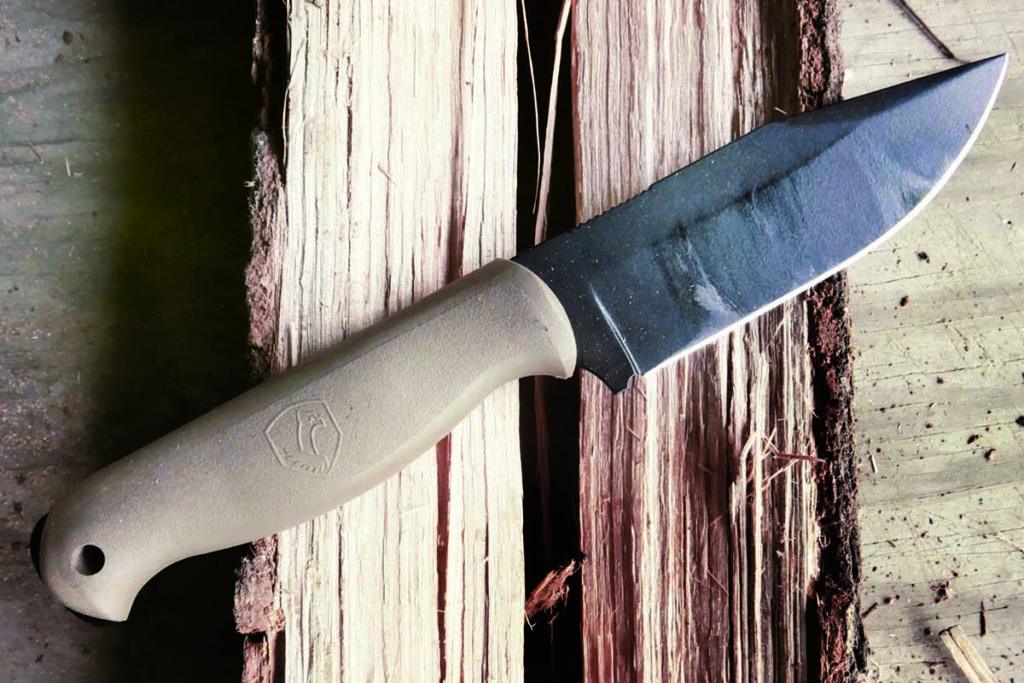As a kitchen professional, your work revolves around the tools of your trade. Among these, knives are arguably the most crucial. However, while knives are essential in any kitchen setting, it's important to be aware of the knife laws and regulations that govern their use. Understanding these laws not only ensures compliance but also enhances safety and professionalism in the kitchen.
Kitchen professionals must navigate a complex landscape of knife laws and regulations that vary by country, state, and even city. These laws can affect everything from the types of knives you can carry to where you can use them. To help you stay informed and compliant, we dive into the intricacies of these regulations.

Why Knife Laws and Regulations Matter
Knife laws and regulations are designed to ensure public safety and reduce the risk of knife-related incidents. For kitchen professionals, understanding these laws is crucial for several reasons. Firstly, it helps you maintain compliance with legal standards, avoiding any potential legal issues. Secondly, it ensures that your work environment remains safe for you and your colleagues.
In many places, knife laws dictate the types of knives that can be carried in public, the length of the blade, and how they should be stored. For example, in some regions, carrying a knife with a blade over a certain length might be prohibited. Similarly, certain types of knives, such as switchblades or butterfly knives, might be restricted or entirely banned. Being aware of these regulations helps kitchen professionals avoid unintentional violations.
Key Aspects of Knife Laws and Regulations
Blade Length Restrictions
Blade length is one of the most common aspects of knife laws. In many jurisdictions, there are restrictions on the length of the blade that can be legally carried. For kitchen professionals, this is especially relevant when transporting knives to different work locations or events. It's important to know the specific regulations in your area to ensure compliance.
Types of Knives
Another critical aspect of knife laws and regulations is the type of knives that are permitted. While kitchen knives are typically allowed in professional settings, certain types of knives such as switchblades, gravity knives, or balisongs might be restricted. Understanding these distinctions is important for kitchen professionals who may also use knives for other purposes.
Transport and Storage
Transporting and storing knives safely is another area regulated by knife laws. Many jurisdictions require that knives be transported in a secure manner, such as in a locked case or sheath. This is especially important for kitchen professionals who frequently move their tools between locations. Proper storage not only ensures compliance but also protects the knives from damage and maintains their sharpness.
For more information on how to properly store and transport your kitchen knives, visit this guide on knife storage.
Navigating International Knife Laws
For kitchen professionals who travel internationally for work, understanding the knife laws in different countries is crucial. Knife regulations can vary significantly between countries, and what is permissible in one place might be illegal in another. Before traveling, it's essential to research the specific knife laws of your destination to avoid any legal issues.
Many countries have specific rules regarding the import and export of knives. If you're planning to take your knives with you on an international trip, ensure that you comply with all relevant customs regulations. This might involve declaring your knives upon entry or exit or ensuring they are securely packed in your checked luggage.

Staying Informed and Compliant
Staying informed about knife laws and regulations is an ongoing process for kitchen professionals. Laws can change, and it's important to keep up-to-date with any new developments. Joining professional organizations or subscribing to industry newsletters can be excellent ways to stay informed.
Additionally, many resources are available online to help kitchen professionals understand knife laws. Websites like Heinnie Blog offer valuable insights into different types of knives and their legal considerations.
FAQs on Knife Laws and Regulations
Q: Can I carry my kitchen knives in public?
A: It depends on the specific laws in your area. Generally, kitchen knives should be transported securely and only carried in public for work purposes.
Q: Are there specific storage requirements for kitchen knives?
A: Yes, many jurisdictions require knives to be stored in a secure manner, such as in a locked case or sheath, to prevent accidents and ensure safety.
Q: What should I do if I travel internationally with my knives?
A: Research the knife laws of your destination country before traveling. Ensure your knives are properly declared and packed according to customs regulations.
For more insights on choosing the right size chef knife, visit this chef knife guide. Understanding the laws surrounding knives is an essential part of being a responsible kitchen professional. By staying informed and compliant, you can ensure the safety of yourself and those around you while maintaining the highest standards of professionalism.
This article contains affiliate links. We may earn a commission at no extra cost to you.


























